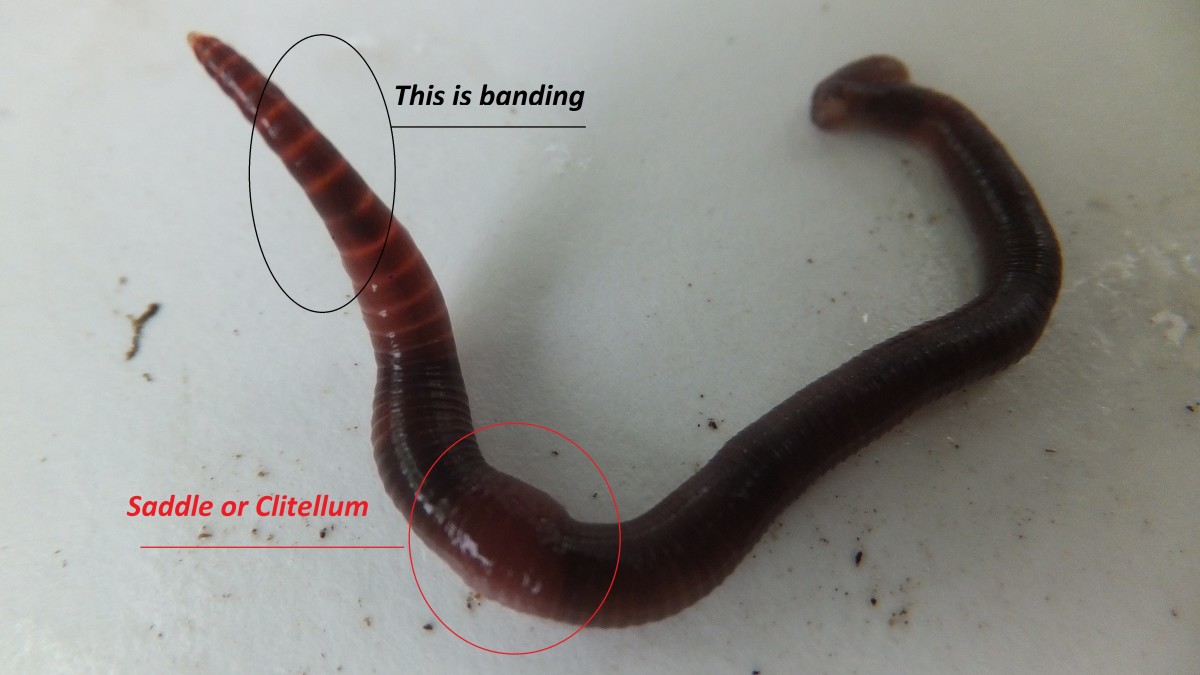Red Wiggler Express: A Reliable Name for Worms and Fishing Essentials
Red Wiggler Express: A Reliable Name for Worms and Fishing Essentials
Blog Article
The Unbelievable Globe of Red Wigglers: Boost Your Dirt Fertility Today
These tiny yet reliable microorganisms transform organic waste into valuable worm spreadings, substantially boosting soil health and wellness and promoting sustainable techniques. As we explore the advantages of vermicomposting and the sensible steps to produce a reliable worm bin, the possible impact of these worms on your gardening success comes to be increasingly obvious.
Understanding Red Wigglers
Red wigglers, clinically referred to as Eisenia fetida, are a species of earthworm that play a critical role in improving dirt fertility. These worms grow in organic-rich environments, such as compost heap and rotting plant product, where they consume organic waste and secrete nutrient-dense spreadings. Their one-of-a-kind anatomy, featuring a segmented body and a clitellum, enables them to duplicate quickly and successfully procedure big quantities of natural issue.

The ecological value of red wigglers extends beyond mere waste handling; they add to the soil food web, cultivating a diverse community of bacteria that better enhance soil health and wellness. Recognizing the biology and behavior of red wigglers is crucial for harnessing their full capacity in sustainable agriculture and horticulture methods.
Benefits of Vermicomposting
(Lake Hickory Bait)Utilizing the power of red wigglers with vermicomposting offers countless benefits that considerably enhance dirt wellness and fertility. Among the main advantages is the production of nutrient-rich worm castings, which are an exceptional natural fertilizer. Red Wiggler Express. These castings have essential nutrients like nitrogen, phosphorus, and potassium, advertising durable plant growth and boosting plant returns
The presence of worm castings boosts dirt appearance, allowing for far better water retention and drainage. Red wigglers help break down organic issue, increasing decomposition and recycling nutrients back into the soil.
Vermicomposting additionally promotes microbial task, which is vital for a healthy soil environment. Beneficial bacteria thrive in the visibility of worm castings, helping in the failure of organic products and enhancing vitamins and mineral availability to plants.
Finally, vermicomposting works as an effective waste monitoring option, decreasing landfill waste by recycling cooking area scraps and other natural products. This not just adds to environmental sustainability yet also promotes a circular economic climate within gardening and agriculture.
Just How to Establish a Worm Bin
Establishing a worm container is a simple process that can considerably improve your composting efforts. Begin by selecting an ideal container, which can range from a readily offered worm bin to an easy plastic or wood box (Red Wiggler Express). try this out Ensure the container has sufficient air flow; tiny openings in the cover and sides will assist in air blood circulation
Next, create a bed linen layer to provide a comfortable atmosphere for the red wigglers. This can be made from shredded paper, cardboard, or coconut coir, dampened to a wet, sponge-like consistency. Load the container to around one-third full with this bed linens product.
Once the bedding is prepared, it's time to present the worms. Red wigglers flourish in organic waste, so place them gently onto the bed linens. Cover the worms with a light layer of additional bedding to help them adjust.
Feeding Your Red Wigglers
Offering the best food for your red wigglers is crucial for their health and the efficiency of your composting system. Red wigglers flourish on a diverse diet, mainly being composed of organic products such as fruit and vegetable scraps, coffee grounds, and shredded paper. These materials not just offer important nutrients however likewise add to the microbial task in the worm bin, which is vital for the worms' digestion.
It is essential to stay clear of specific foods, such as dairy products, oils, and meats, as these can attract pests and create unpleasant odors. Furthermore, citrus peels and overly spicy foods should be limited because of their possible to damage the worms. A well balanced technique to feeding involves checking the quantity of food introduced to the container, making sure that it is eaten within a reasonable amount of time to avoid excess waste build-up.
To promote ideal digestion, it is useful to cut or shred larger food products before adding them to the bin. This method increases the area for microbial activity, helping with quicker disintegration and enhancing the overall performance of your composting system. Consistently observing the worms' feeding practices will aid you adjust their diet plan as necessary.
Utilizing Worm Spreadings in Your Garden

(Lake Hickory Bait)Incorporating worm spreadings into your yard can be achieved by blending them right into the dirt or utilizing them as a top clothing. The slow-release nature of these castings makes certain that nutrients are readily available to plants over an extensive duration, decreasing the need for synthetic plant foods. Additionally, worm spreadings contain beneficial bacteria that promote healthy and balanced soil environments, improving the total strength of your yard.
To make best use of the benefits, purpose to use approximately one component worm spreadings to three components soil in your planting beds. Routine applications can cause improved plant yields and healthier plants, making worm spreadings a very useful resource for both amateur and skilled garden enthusiasts alike. By utilizing this all-natural amendment, you can cultivate a growing garden while adding to sustainable gardening techniques.
Conclusion
In conclusion, red wigglers exemplify the crucial duty of vermicomposting in enhancing soil fertility. Their capability to transform organic waste into nutrient-rich castings substantially improves soil structure and sustains microbial variety.
Report this page